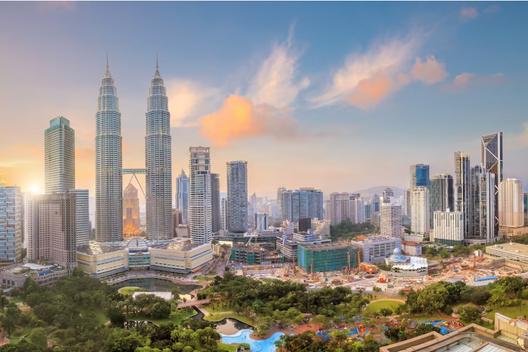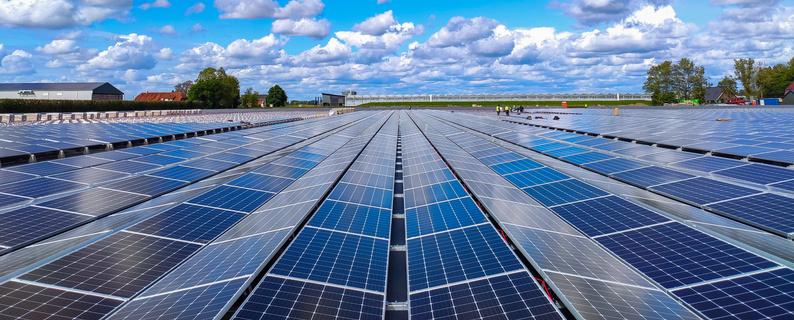EMPOWERING, INSIGHTFUL, ENGAGING



EMPOWERING, INSIGHTFUL, ENGAGING







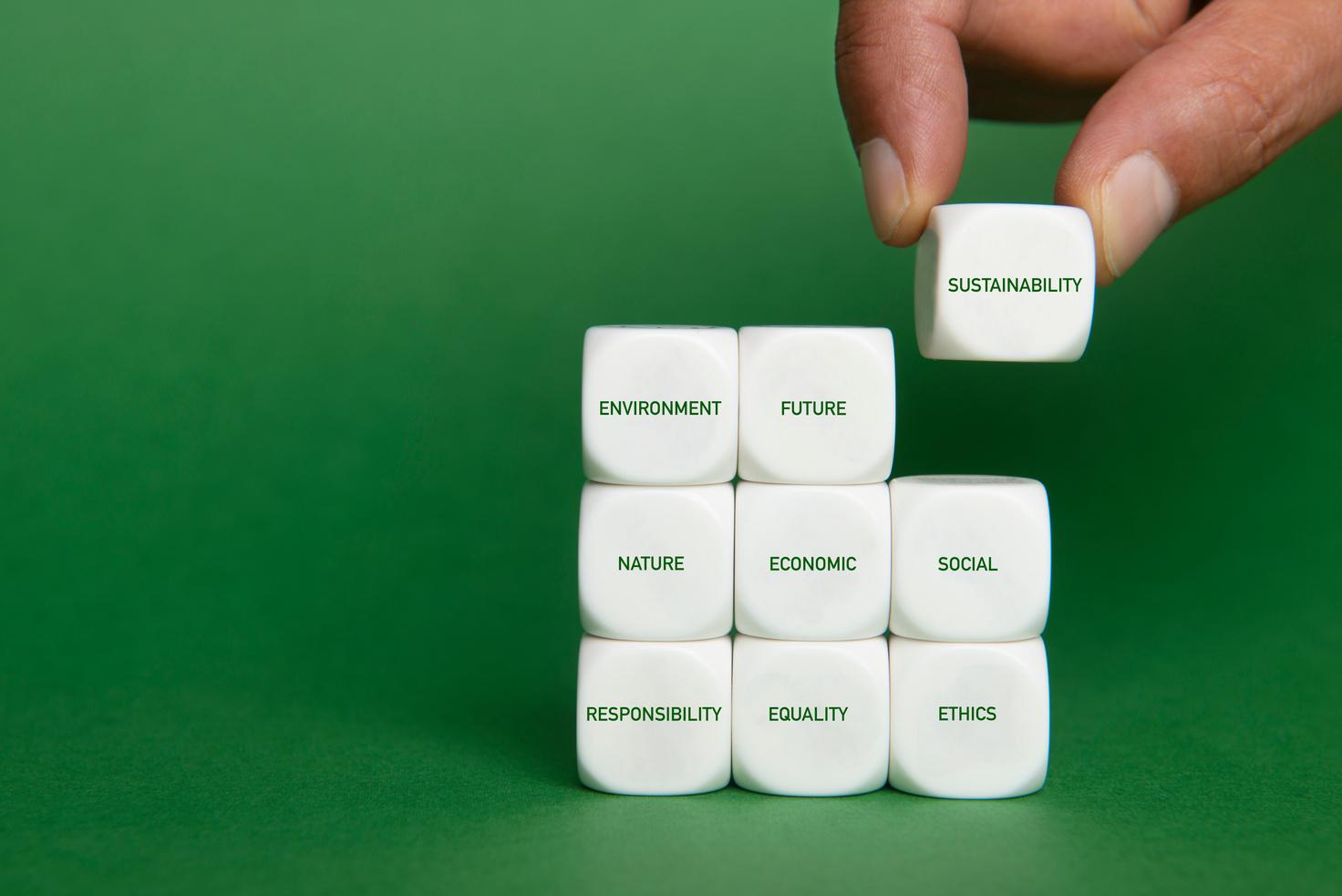
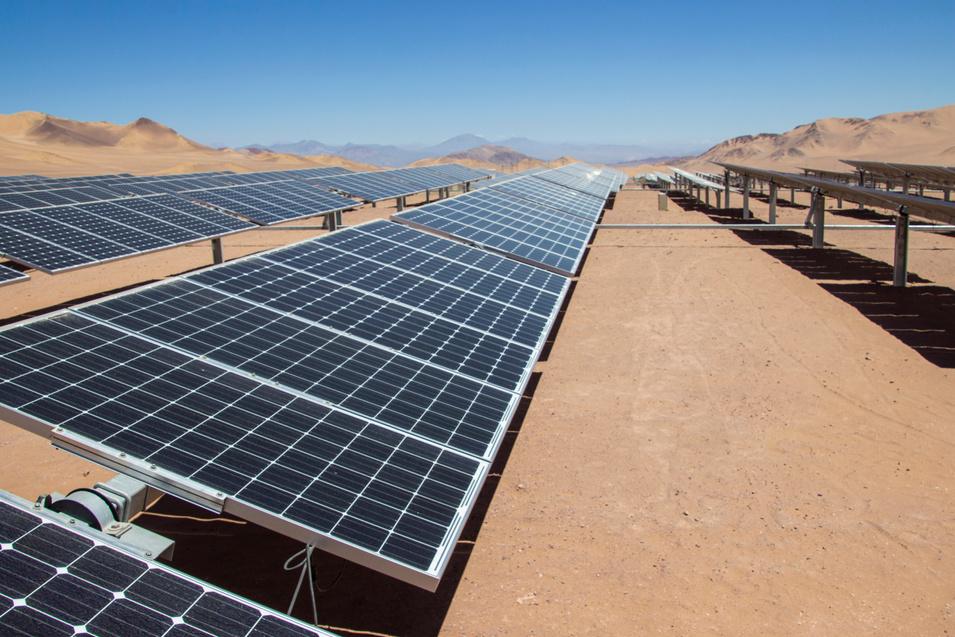






Thailand's favorable solar PV policy has fueled the country's solar PV project development over the last several years The Thai government has been proactive in promoting renewable energy sources, particularly solar power, enacting a variety of incentives and policies to encourage their use
The feed-in tariff (FiT) scheme is one such policy; under this scheme, the government guarantees to buy electricity generated by solar PV systems at a fixed rate for 25 years This provides investors with a consistent and predictable revenue stream, making it easier for them to secure project financing
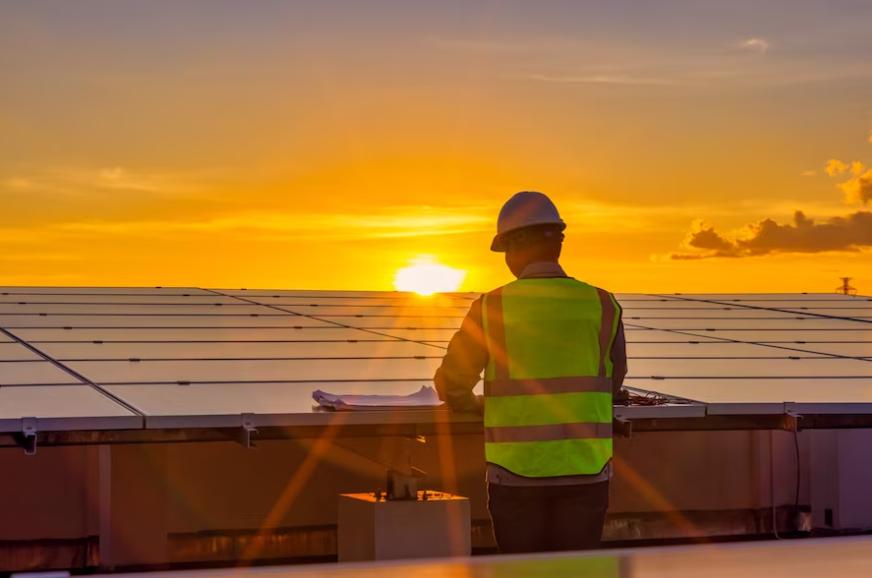
Another policy is net metering, which allows solar PV system owners to sell excess electricity back to the grid at the same price at which they purchased it This encourages individuals and businesses to invest in rooftop solar PV systems because they can reduce their electricity bills and even earn money from solar power generation

Furthermore, the Thai government has implemented tax incentives for renewable energy investments, such as tax holidays and exemptions, as well as reduced import duties on renewable energy equipment
These policies and incentives have created a favorable environment for the development of solar PV projects in Thailand
As a result, the country has seen a significant increase in solar PV capacity in recent years, with the government aiming for a total capacity of 15 GW by 2036, while current installed capacities have surpassed 3 GW. This not only assists Thailand in meeting its renewable energy targets, but it also helps to reduce greenhouse gas emissions and promote sustainable development
Thailand has put in place several favorable policies to encourage solar PV development, which has resulted in a significant increase in the number of solar PV projects being built in the country There are also several financial incentives to encourage the growth of solar projects in the country Among the most important financial incentives are:
Investment Promotion Policies: The Thai government provides investment promotion policies to encourage private investment in renewable energy projects such as solar PV This includes corporate income tax exemptions and reductions, machinery and equipment import duty exemptions, and the right to own land for investment purposes
Soft loans are provided by the Government Savings Bank (GSB) and the Export-Import Bank of Thailand (EXIM) to support renewable energy projects such as solar PV When compared to commercial loans, these loans typically offer lower interest rates and longer repayment terms, making it easier for investors to finance their solar PV projects
Subsidies and Grants: The Thai government offers subsidies and grants to help with the development of solar PV projects The Energy Conservation Promotion Fund (ENCON Fund), for example, offers subsidies to individuals and businesses for the installation of solar PV systems The Alternative Energy Development and Efficiency Department (DEDE) also provides grants for renewable energy technology research and development, including solar PV Green Bonds: The Thai government issued green bonds to encourage investment in renewable energy projects such as solar PV Green bonds are fixed-income securities that raise funds for projects that benefit the environment or the climate The proceeds from these bonds can be used to fund renewable energy projects, providing solar PV developers with an additional source of funding
These financial incentives have contributed to the creation of a favorable investment environment for solar PV projects in Thailand, attracting both domestic and foreign investors. As a result, the number of solar projects being developed in Thailand has increased significantly, assisting the country's transition to a more sustainable energy future.
The supportive policies for solar encourage citizens to go solar and contribute to the country's net-zero emission target The main government support would be to obtain incentives as well as ease of doing business for the distributed solar segment as well as large-scale projects development in Thailand


Sunview Group Berhad (“Sunview”) has grown exponentially from a small solar photovoltaic (“PV”) rooftop player to what we are today.
Good working partnership with our stakeholders is important as Sunview has a sizable unbilled order book of RM687.3 million as of February 2023.
Sunview has always placed its focus on panel efficiency and performance optimisation when it comes to procurement of solar PV panels
The Malaysian government has set sights on ensuring that 31% of the national installed capacity mix is from renewable energy by 2025 and 40% by 2035
KINDLY BRIEF OUR READERS ABOUT THE SERVICES YOUR COMPANY OFFERS.
Established since 2013, Sunview Group Berhad (“Sunview”) has grown exponentially from a small solar photovoltaic (“PV”) rooftop player to what we are today. At Sunview, we aim to become an integrated renewable energy solutions provider through the services provided by our subsidiaries These include engineering, procurement, construction and commission of solar PV facilities, solar PV construction and installation, solar power generation and supply, as well as associated services and products
Recently, we ventured into the field of bioenergy through the acquisition of Provectus Bioenergy which in line with our growth strategy, as disclosed in the IPO prospectus
PLEASE TELL US ABOUT YOUR EXPERIENCE MANAGING LARGE-SCALE SOLAR (“LSS”) PROJECTS, AND HOW YOU ENSURE THEY ARE COMPLETED ON TIME AND WITHIN BUDGET
We began our journey into the solar industry through subcontracting work and eventually grew to become an EPCC player
Sunview has completed hundreds of projects since inception Our experienced technical team ensures that the entire construction process is well-planned. This includes the preparation of a detailed working timeline on daily and weekly basis to monitor the construction progress Through our subcontracting capabilities and experienced technical team, we are able to apply our expertise in system design and cost optimisation to ensure that projects are completed on time and within budget
HOW DO YOU COLLABORATE WITH OTHER KEY STAKEHOLDERS IN THE SOLAR INDUSTRY, SUCH AS EQUIPMENT MANUFACTURERS TO ENSURE PROJECT SUCCESS?
Sunview has always strived to deliver the best services and products to its customers. For instance, we only procure solar panels from the top five solar PV panel manufacturers recognised by Bloomberg to maintain the quality of our systems
Good working partnership with our stakeholders is important as Sunview has a sizable unbilled order book of RM687 3 million as of February 2023 Delivery of the project is key, therefore we work closely with the solar PV manufacturers to ensure our requirements are met, and to explore new technologies that may improve our system quality and efficiency
Sunview has always strived to deliver the best services and products to its customers."

Sunview has always placed its focus on panel efficiency and performance optimisation when it comes to procurement of solar PV panels We also consider the actual output produced from solar panels under real-world operating conditions, the warranty terms and long-term return on investments These considerations help optimise solar performance in the long run
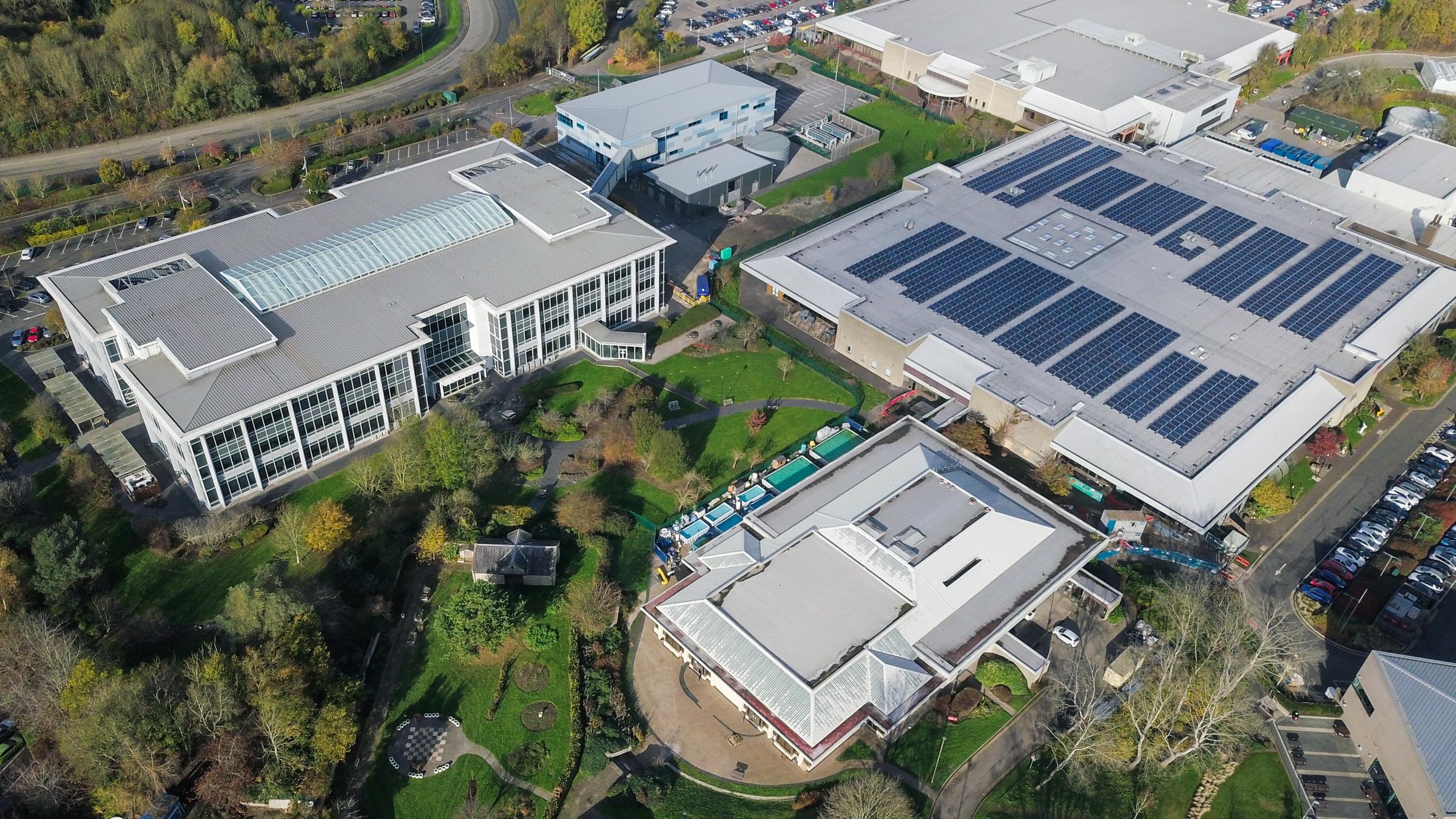
In addition, strong sales and technical support from the supplier is a plus point where we can ensure the logistics are well managed with on time delivery.
According to Malaysia Renewable Energy Roadmap, members of Association of Southeast Asian Nations (“ASEAN”) aim to achieve a 30-40% share of renewables for their installed capacity within 2030 to 2050 In order to achieve the said commitment above, ASEAN countries have developed their respective renewable energy policies to increase the renewable energy adoption rates
The Malaysian government has set sights on ensuring that 31% of the national installed capacity mix is from renewable energy by 2025 and 40% by 2035 With that, government driven programmes such as virtual power purchase agreement, large scale solar and net energy metering were introduced to support the government’s ambition
Overall, we remain positive with ASEAN’s solar market this year with the increasing awareness for environmental, social and governance among the industry players along with government’s support for the push of renewable energy


Solar module to advanceme
The develop technology c increasing th lowering the c transition to a

The use of n efficiency of s of the key a laboratory tests, perovskite solar cells, for example, achieved record efficiencies of more than 25%, suggesting that they could provide a low-cost alternative to traditional silicon-based solar cells
In addition to new materials, solar module manufacturing processes are evolving, with the development of new techniques such as 3D printing and roll-to-roll production. These techniques may aid in lowering the costs of solar module production and increasing their scalability, making it easier to deploy large-scale solar energy systems
The solar module design is changing as new module architectures are developed to improve performance in specific conditions such as high temperatures or low light levels Bifacial solar modules, for example, can capture sunlight from both sides of the panel, increasing their energy output
Overall, the advancement of the latest solar module technology has the potential to drive the growth of Thailand's solar sector and support the country's efforts to transition to a low-carbon energy system However, the successful integration of new technologies into the energy system necessitates supportive policies and regulations, as well as investment in research and development.
Solar inverters are also important in converting the direct current (DC) electricity generated by solar panels into usable alternating current (AC) electricity for homes, businesses, and the grid The latest solar inverter technology is assisting Thailand's solar industry in several ways such as
Higher efficiency: Newer solar inverters are more efficient than older models, which means they can convert a greater proportion of the DC power from solar panels into usable AC power This increased efficiency can help lower overall system costs and improve the return on investment for Thai solar projects Improved dependability: Modern solar inverters are designed to be more reliable than older models, with features such as advanced monitoring and diagnostic capabilities that aid in the detection and resolution of problems This can help solar installations in Thailand reduce downtime and maintenance costs
Greater adaptability: Newer solar inverters are more adaptable in terms tibility with various types of solar panels and greater customization and optimization of

projects in Thailand based on each project's unique needs and constraints Improved grid integration: As Thailand's solar industry expands, grid integration is becoming more important. The most recent solar inverters include advanced grid-tied functionality such as anti-islanding and reactive power control, which aid in the safe and stable integration of solar power into the grid.
The latest solar PV inverter technology is assisting Thailand's solar industry in growth by improving system efficiency, reliability, flexibility, and grid integration The role of solar inverters in Thailand's energy transition will become increasingly important as the cost of solar continues to fall and demand for renewable energy grows Because there is a lot of dust and pollution, regular cleaning is especially important to keep solar panels performing well
Solar panels in Thailand should be cleaned at least multiple times a year, and more frequently if they are located in high dust or polluted areas Professional solar panel cleaning services are available to ensure that the panels are cleaned and maintained properly to maximize their efficiency and lifespan
The accumulation of dust and debris on the surface of solar panels can reduce the amount of sunlight that can be absorbed and converted into electricity This can lead to a decrease in the overall energy output of the system over time, affecting the financial returns on solar investments.
Cleaning solar panels regularly can help to remove dirt and debris from the surface, allowing more sunlight to be absorbed and converted into electricity This can help to increase the efficiency of the solar system and maximize the amount of energy produced Cleaning can also help to extend the lifespan of solar panels by preventing damage caused by accumulated debris or contaminants
The most recent solar innovation will assist in increasing the adoption of solar power in the country The distributed segment installers are constantly encouraging more adoption of newer technology for solar panels in terms of higher wattage panels, effective panel cleaning solutions, and data monitoring solutions, which will increase generation as well as help in raising awareness for better solar penetration in the country
Morgan Stanley Capital International (MSCI), one of the world's leading investment research firms, recently published the Environmental, Social, and Governance (ESG) rating results In recognition of its excellence in ESG performance, GoodWe Technologies Co , Ltd (hereinafter referred to as “GoodWe” or the “Company”, Stock Code: 688390 SH), has been upgraded to BBB from BB, which demonstrates the Company’s continuous improvement and commitment to ESG practices and shows its deep-rooted sustainability mindset
carports and versatile building-integrated photovoltaics (BIPV) materials that are integrated with its solar-storage-charging system
Beyond this, GoodWe has joined the United Nations Global Compact (UN Global Compact) and pledged to support the ten principles of the UN Global Compact in human rights, labor, environment, and anti-corruption, to actively contribute to the realization of the UN Sustainable Development Goals
In 2022, GoodWe released its inaugural Corporate Social Responsibility (CSR) report. Developed in collaboration with EY, this report chronicles the various practices the Company has undertaken to achieve sustainable development and further helps GoodWe identify any aspects and sectors that need more efforts and investment to improve its overall ESG performance In the same year, GoodWe was awarded a Silver Medal by EcoVadis, in recognition of its continued commitment to improving sustainability across its global business operations
MSCI ESG Research provides ESG Ratings to measure a company’s resilience to long-term, financially relevant ESG risks and opportunities, according to exposure to industry-specific ESG risks and the ability to manage those risks relative to peers MSCI’s ESG ratings reports may offer insights to institutional investors to mitigate risks and enhance long-term value creation
GoodWe receives this recognition thanks to its strategic perspective of vision and foresight in sustainability and the Company’s good management practices in cutting carbon footprint to better fulfill the goal of carbon neutrality Notably, GoodWe’s commitment to sustainability has been continuously embedded into its operations as well as its product offering, which speaks volumes about the Company’s advance in ESG management
As a world-leading smart energy solution provider, GoodWe not only provides quality products and services that facilitate its customers to lower their energy costs while reducing carbon emissions, but also ensures that its products follows eco-friendly and green processes The Company has also adopted green

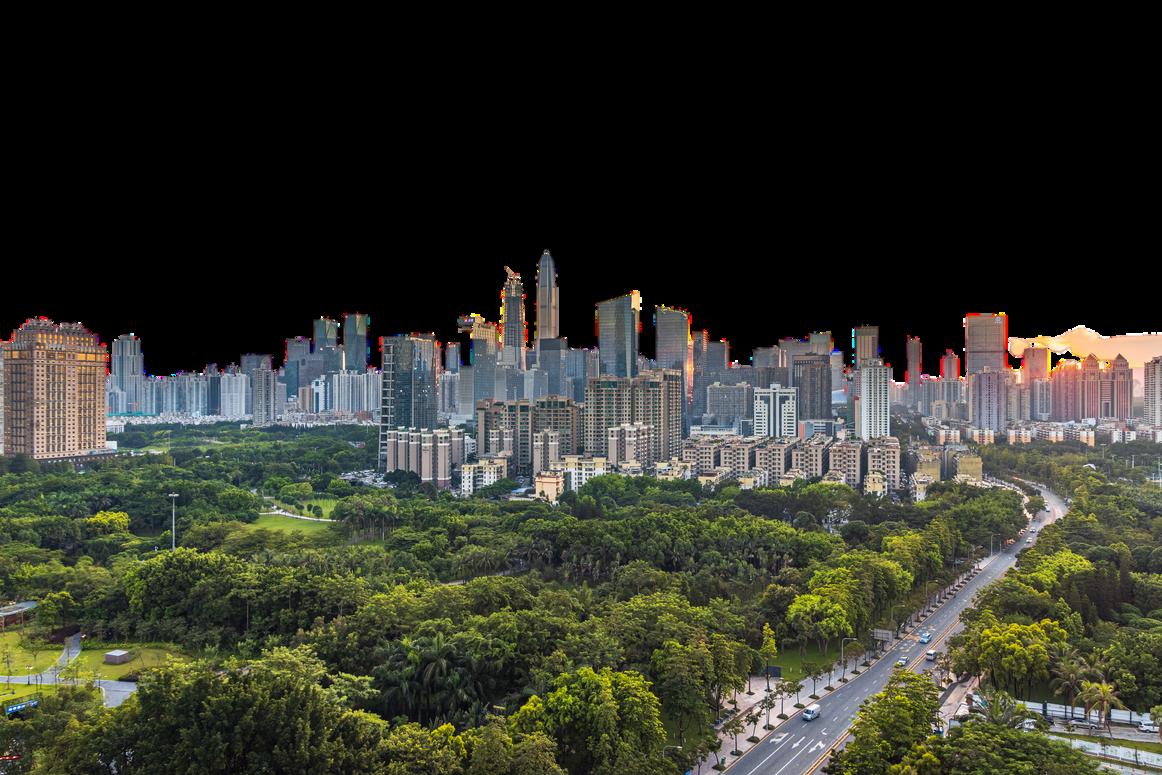
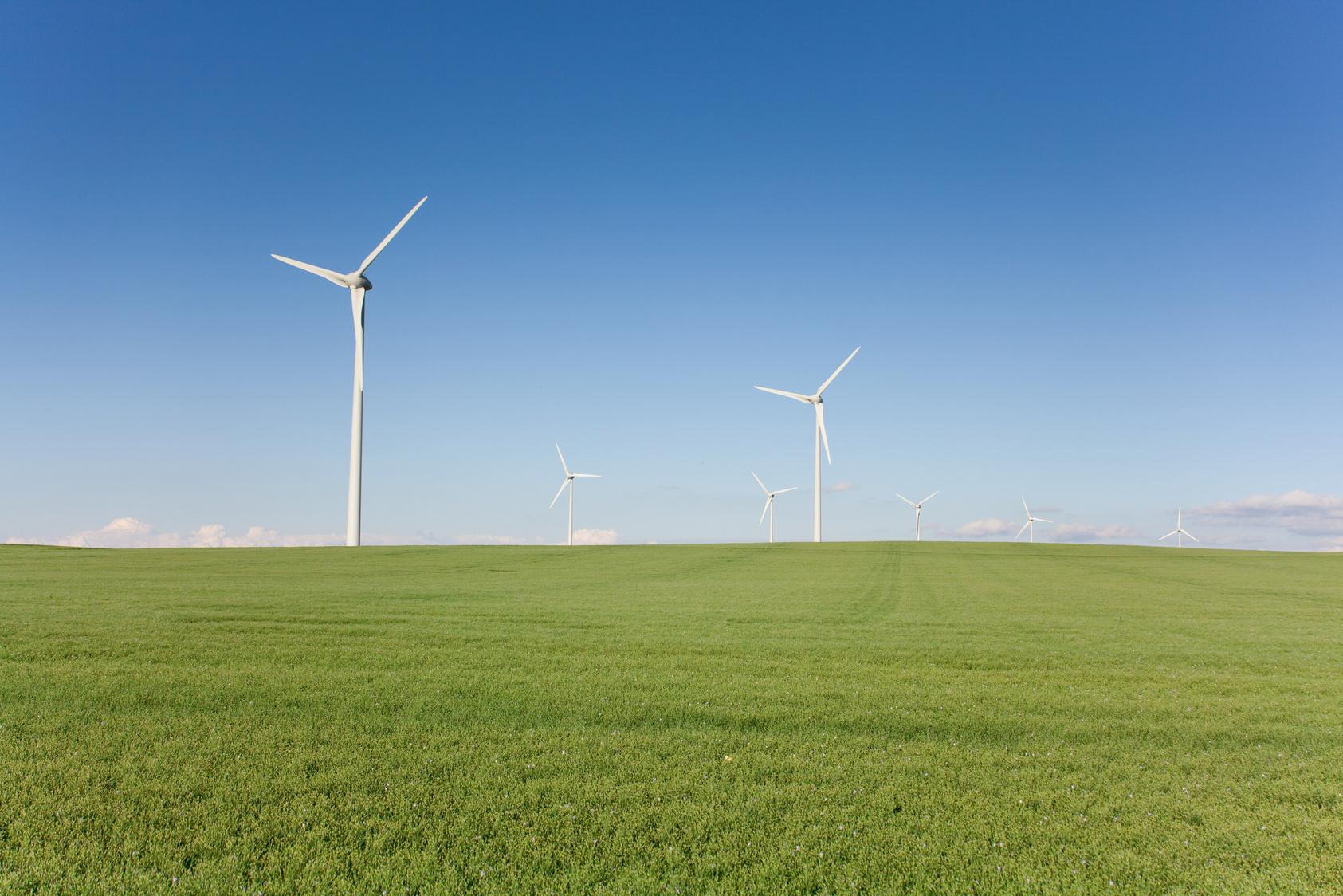
“We are really delighted to receive this triple B assessment from MSCI’S ESG rating, which justifies our confidence and motivates us to further improve ESG-related practices and continue to focus on sustainable development strategies,” said Daniel Huang, CEO & founder of GoodWe “Going forward, we will remain our commitment to harnessing smart tech to drive the global energy transition, thus creating more value for our customers, employees, shareholders, and society ”

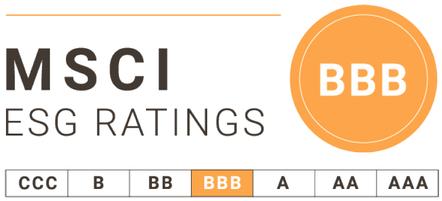

GoodWe is a world-leading PV inverter and energy storage solutions manufacturer and is listed as a public limited company on the Shanghai Stock Exchange (Stock Code: 688390) With an accumulative delivery of more than two million inverters and installation of 35 GW in more than 100 countries and regions, GoodWe solar inverters have been used in residential and commercial rooftops, industrial and utility scale systems and range from 0 7kW to 250kW GoodWe has more than 4,000 employees situated in over 20 different countries and is regarded as the Global Top 3 storage inverter supplier by Wood Mackenzie in 2021 For more information, please visit goodwe com


Thailand has seen significant growth in both l rooftop solar development in recent years Lar however, continue to account for the vast maj solar capacity According to the Thailand Commission (ERC), utility-scale solar farms ac three-fourths of the country's total installed solar capacity as o December 2021, with rooftop solar systems accounting for the remainder
The expansion of large-scale solar farms in Thailand has been fueled by several factors, including the government's supportive policies, falling solar technology costs, and rising demand for renewable energy Many international companies have invested in large-scale solar projects in the country, which has attracted significant foreign investment
At the same time, the government's net-metering program has aided in the growth of the rooftop solar market By allowing them to sell any excess energy back to the grid, the scheme has encouraged households and businesses to invest in solar energy As a result, the number of rooftop solar systems in Thailand is increasing rapidly

While large-scale solar farms continue to account for the majority of Thailand's solar capacity, rooftop solar systems also play an important role Rooftop solar systems are distributed, which means they can help to relieve strain on the national grid, particularly during peak demand periods They also provide a source of clean, renewable energy, which can aid in the reduction of greenhouse gas emissions and the mitigation of the effects of climate change
Over the last few years, Thailand has made significant progress in developing its solar rooftop market The country has set ambitious renewable energy targets, aiming to produce 20% of its electricity from renewable sources by 2036 Solar power is an important component of this strategy, and the government has implemented several policies and incentives to encourage the use of solar energy
The "Net-Metering" scheme, which allows consumers to install solar panels on their rooftops and sell any excess energy back to the grid, is one of the key initiatives Under this scheme, consumers are compensated for excess energy at the same rate as they pay for grid electricity This has aided the development of a distributed solar market in Thailand, with an increasing number of consumers opting to install solar panels on their rooftops
Aside from the net-metering scheme, the government has implemented additional policies to support the solar rooftop market These include tax breaks for businesses that invest in renewable energy and subsidies for homeowners who install solar panels In addition, the government has established a program to provide low-interest loans to businesses and homeowners interested in investing in renewable energy
The efforts have paid off, as Thailand's solar rooftop market has expanded significantly in recent years Thailand's solar rooftop market will expand in the coming years, fueled by favorable policies and falling solar technology costs Overall, Thailand's solar rooftop market is a success story in the development of renewable energy The government's policies and incentives have aided in the development of a thriving market, and the country is on track to meet its renewable energy targets.
Several factors have contributed to the growth of the solar rooftop market, including supportive government policies, falling solar technology costs, and increased awareness of the benefits of solar energy. The net-metering scheme has been especially important in driving the growth of the rooftop solar market because it allows consumers to earn revenue from excess solar energy, making it more economically feasible for them to invest in solar panels.


There has been a significant increase in the number of households and businesses installing solar panels on their rooftops in recent years According to the ERC, the number of solar rooftop systems installed in Thailand in 2020 will have increased by 70% over the previous year. This trend is expected to continue as the cost of solar panels continues to fall, making solar energy more affordable for households and businesses As more households and businesses adopt solar energy, solar rooftop systems are increasingly contributing to Thailand's power mix. According to ERC, solar power accounted for approximately 6 7% of the total installed capacity in the country as of December 2021, with utility-scale solar farms accounting for the majority of the capacity However, the contribution of rooftop solar systems is rapidly increasing
Overall, the expansion of Thailand's solar rooftop market is a positive sign for the country's renewable energy future The solar rooftop market is expected to grow and play an important role in Thailand's transition to a more sustainable energy system with supportive policies and increased awareness of the benefits of solar energy
Furthermore, rooftop solar systems can aid in energy security by providing a consistent source of energy during power outages or grid failures This is especially important in areas with intermittent power supplies, where solar energy can supplement or replace grid power

To summarise, the growing contribution of solar rooftop systems to Thailand's power mix is a positive trend for the country's energy sector The solar rooftop market is expected to grow and play an important role in Thailand's transition to a more sustainable and resilient energy system with supportive policies and increased awareness of the benefits of solar energy

Thailand is regarded as one of the most important solar PV markets in Southeast Asia During the period 2018-2037, the Ministry of Energy reviewed energy master plans that were incompatible with the national economic and social development plan The National Power Development Plan (PDP) and AEDP (Alternative Energy Development Plan) were approved in 2019, with a target of 36% renewable energy production by 2037 The Energy Ministry is inspecting the Power Purchase Tariff for excess power and has promised to do everything possible to meet the objectives
Thailand currently produces approximately 3 47 GW of solar energy, with a target of 15,574 MW by 2037. The new PDP program has a target of 10 GW of Solar PV rooftop installations
The National Energy Policy Council approved the new PDP plan Thailand's power production capacity will increase by 67 percent under the new PDP, from 46,090 MW in 2017 to 77,211 MW in 2037 The PDP sets a target of 56,431 MW of new power capacity, with renewable energy projects accounting for 20,766 MW or roughly 37%. Natural gas (53 percent), non-fossil fuels (35 percent),
CUMULATIVE SOLAR PV INSTALLED CAPACITY IN THAILAND
and coal are expected to generate the majority of the country's energy by 2037 (12 percent)
Thailand's installed power capacity, combined with imports from other countries, exceeded 52 GW Electricity is generated in the country by 52 EGAT power plants. EGAT power plants have a total installed capacity of 16,082 32 MW and include three thermal power plants, six combined cycle power plants, 29 hydropower plants, nine renewable energy power plants (wind, solar, and geothermal), four diesel power plants, and one other power plant
EGAT purchases bulk electricity from 12 Independent Power Producers (IPPs) totaling 15,498 50 MW, from Small Power Producers (SPPs) totaling 9,380 95 MW, and from neighboring countries totaling 5,720 60 MW, in addition to operating its power plants
IPPs supplied 34 8% of the total installed generating capacity in the country, while small power producers supplied 9 241 GW As of January 2023, thermal and combined cycles account for 7.5% and 18 49% of total capacity, respectively
According to the Electricity Generating Authority of Thailand, Thailand generates approximately 18 54 percent of its electricity from renewable sources, while coal accounts for 22 64 percent of total energy generation capacity Renewable energy supplied approximately 37,273.14 million kWh of electricity in Thailand as of December 2022
Thailand will have around 12 GW of installed renewable energy capacity by the end of 2021, with biomass having the most capacity (3 5 GW), followed by hydro (3 11 GW), solar, and wind capacities
SOURCE:IRENA,EGAT
YEARLY SOLAR PV INSTALLAED CAPACITY IN THAILAND
SOLARQUARTERRESEARCH
The Thai government has also decided to increase the non-hydro renewable energy target to 30% by 2036. Thailand's solar energy capacity is approximately 3 4 GW, which has more than doubled since 2014, and is halfway towards the country's 2036 solar target of 6 GW Though Thailand's Wind capacity is not as large as its Solar capacity, it is more than 1 5 MW, which is more than half of the country's 2036 Wind target of 3 GW
SOLARQUARTERRESEARCH

Natural gas is the primary fuel source for electricity generation, accounting for more than 52 15 percent In recent years, the share of renewable electricity generation sources has primarily increased, with hydro being the largest contributor while solar and wind generation account for a minor share









